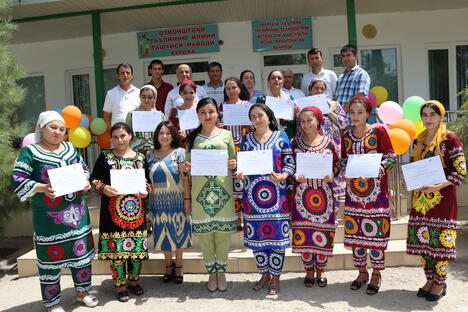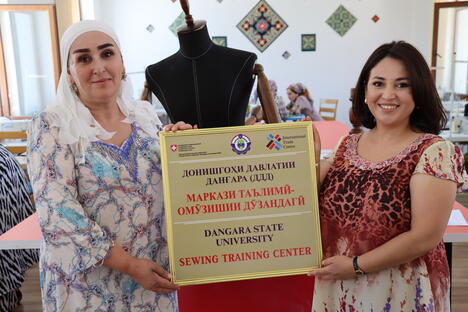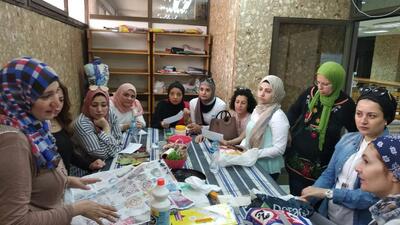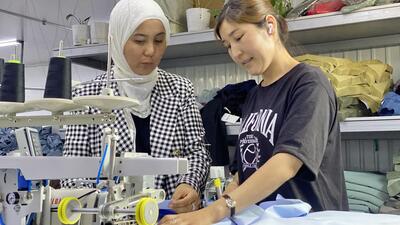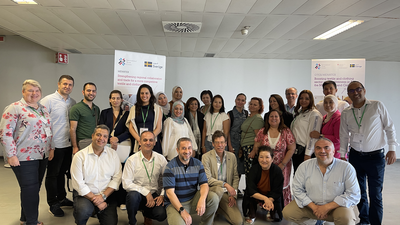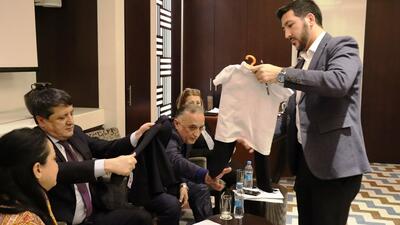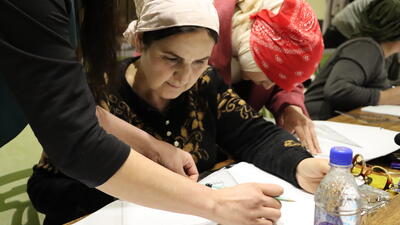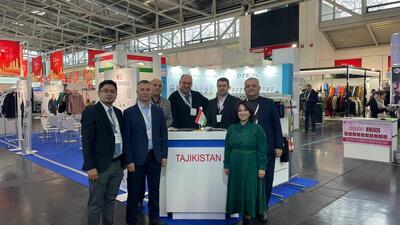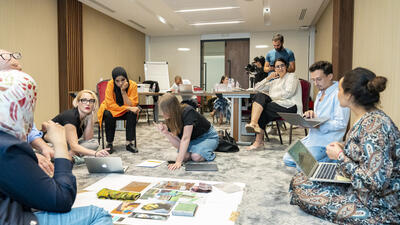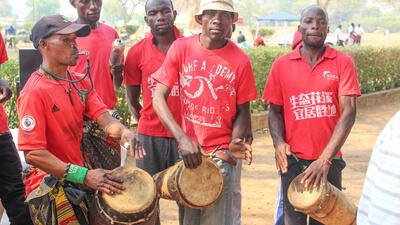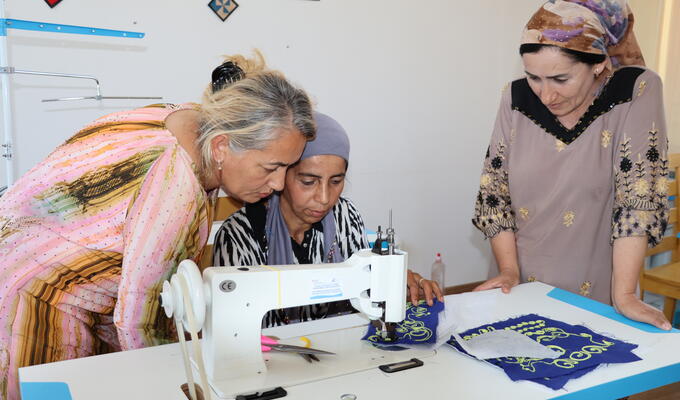
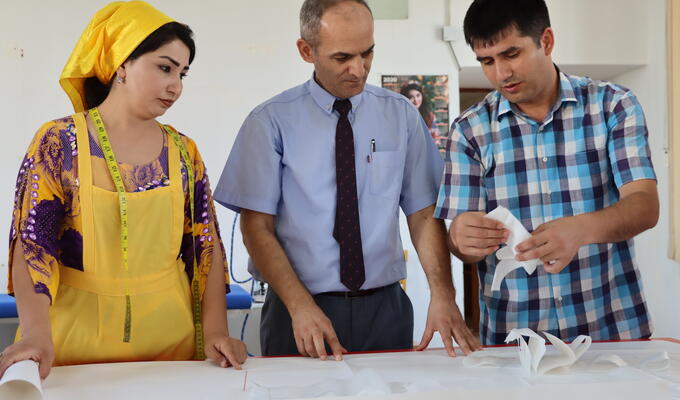

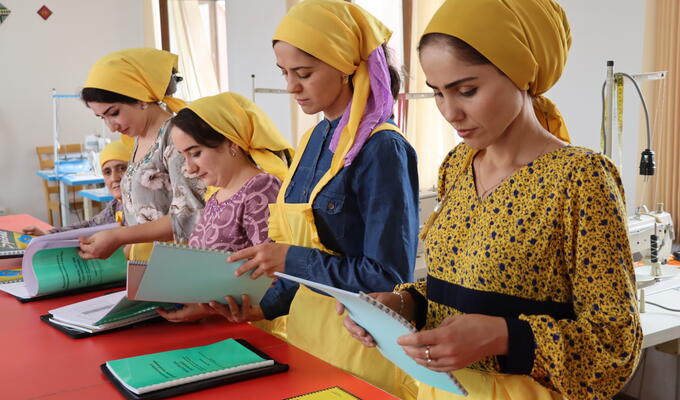
Connecting academia with Tajik businesses
ITC launches two new Garment Training Centres in Tajikistan for fashion design students and professionals
Fashion and clothing design students in Kulob city and the Danghara district of Khatlon province will start their academic season with two new Garment Training Centres. These have been established with the support of the International Trade Centre (ITC) and in partnership with the Kulob Institute of Technology and Innovation Management (KITIM) and the Danghara State University (DSU).
The Garment Training Centres opened this summer and host students next to professionals interested in modern dressmaking techniques.
Supporting the Tajik apparel sector and related universities is a crucial part in ITC’s work under its Global Textile and Clothing Programme (GTEX), funded by the Government of Switzerland.
Impact with meaning: Linking academia to small business
Khatlon province is the most populated region of Tajikistan, with one-third of the country’s population living there. The region is known for its intensive agricultural and cotton production, while industrial development is still new. The textile and clothing industry can offer better income and jobs for women and youth.
The Garment Training Centres in the Khatlon province are the third and fourth that ITC opened in Tajikistan. They will intensify the students’ core skills as well as fill the gap between the private sector and academia as thanks to their training and using the latest technology, the centres cultivate qualified workforce. Moreover, the centres enable needed collaboration between the industry and other educational institutions the country.
Saidmumin Kamolov, GTEX National Project Coordinator in Tajikistan, says: “ITC is committed to supporting students to have access to the latest equipment and technologies, such as modern sewing machines, computer-aided clothing design technologies, and more. The GTEX project made all appliances and software available. The project will play a major role in improving the centres’ capacities, updating training curricula and adapting the equipment according to the sector’s need.”
Opportunities for youth and young professionals
Currently, around 900 students at DSU and 300 students at KITIM study textile machinery and equipment, natural fibres spinning, primary processing and spinning, artistic weaving, modelling and designing clothes, among other relevant topics to the sector.
Nurali Shohiyon, Rector at Danghara State University says: “Having qualified professionals is key to the successful development of any industry in an increasingly competitive environment. The Garment Training Centre will further contribute to the development of the textile and clothing industry in Tajikistan. Strengthening the linkages between the apparel industry and the academy will help our national production enter new markets.”
Almossho Shoev, Rector at Kulob Institute of Technology and Innovation Management adds: “With the training and technology provided, the Garment Training Centre aims to better qualify the textiles and clothing workforce. Besides that, the centre plays an essential role for the important collaboration between the industry and our university.”
The universities intend to develop new training materials in line with industry and market needs with ITC’s technical support, national enterprises, and sector-related business support organizations.
About the GTEX Programme
The Global Textiles and Clothing Programme (GTEX) supports small businesses and business support organizations working in the textile and clothing industry in developing countries to increase their export competitiveness.
The GTEX programme is funded by the State Secretariat for Economic Affairs (SECO) of the Swiss Confederation and focuses on five priority countries (Egypt, Morocco, Kyrgyzstan, Tajikistan and Tunisia).




